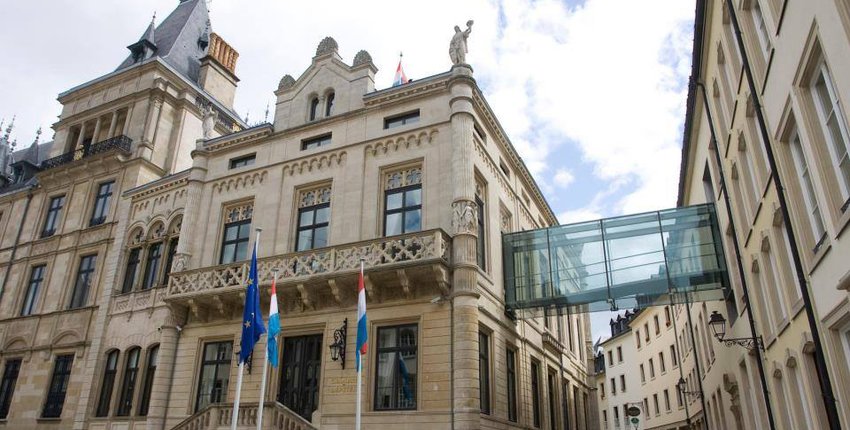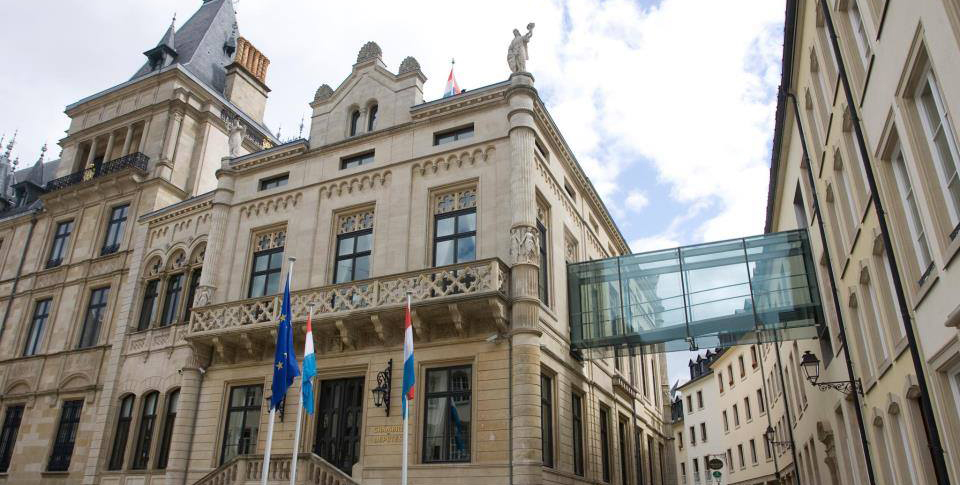
Chamber of Commerce official legal opinion

The Chamber of Commerce has presented its official legal opinion on the bill of law which provides an additional public holiday on 9th May (“Europe Day”) for private and public sectors’ employees, and an extra day of annual paid leave for private sector employees.
The bill provides that its provisions shall apply retroactively from 1st January 2019.
The Chamber of Commerce is against this bill and criticizes the principle of the above-mentioned provisions, as well as the way they should be implemented and considers this bill is too hasty as it occurs without any previous consultation of the private sector.
Private sector employers will nevertheless be heavily impacted and, in any case, as admitted by the originators of the bill themselves, more impacted than the public sector which already grants annual paid leave exceeding the legal minimum threshold, and thus will not have to bear any financial repercussions.
The Chamber of Commerce is concerned about the little consideration regarding the consequences of these two provisions thrust onto private sector employers, notably from a financial point of view, in matter of internal organisation (as the number of worked hours will be reduced furthermore), and in matter of supply chains’ problems. Business activities that may be the most impacted by the reduction of the productivity and the increase of the working costs are the “Horeca” and the retail sectors as well as and businesses that require to work on a continue cycle or banking and insurance sectors (i.e. given the duty to guarantee a permanent back-office presence in bank).
Regarding the proposal to make “Europe Day” (9th May) an additional public holiday, the Chamber of Commerce points out that this would bring the total of public holidays from 10 to 11. This increase will oblige the businesses to be out of work one more day - moreover, at a period which is not opportune for those that depend on the weather -. This would also be aggravated by increasing the likelihood of staff seeking to use a bridging day to take long-weekend breaks - or for those of the sectors cited previously that cannot halt activity, to pay supplementary remuneration on top of the normal salary bill.
The Chamber of Commerce thus recommends that this provision should at least be modified to lessen its impacts on the private sector. For example, there could be an option to replace another additional public holiday by 9th May or to give to the businesses the possibility to replace 9th May with a compensatory day of annual leave.
As for the increase in the minimum number of days of annual paid leave from 25 to 26, the Chamber of Commerce insists that the bill specifies clearly that the move would exclude employees who already benefit from more than 25 days recreational and other leave per year. This clarification is necessary to avoid potential discussions or conflicts within businesses which already apply more favourable conditions. This is all the more so as the measure should be applicable retroactively from 1st January 2019.
In conclusion, the Chamber of Commerce is opposed to the bill of law, and asks for fundamental rewriting of the two provisions, taking into account the proposals and comments detailed in its official legal opinion.
To read the complete legal opinion (in French) please click here


